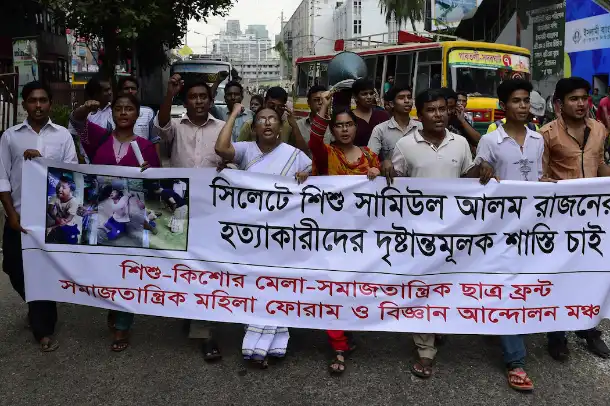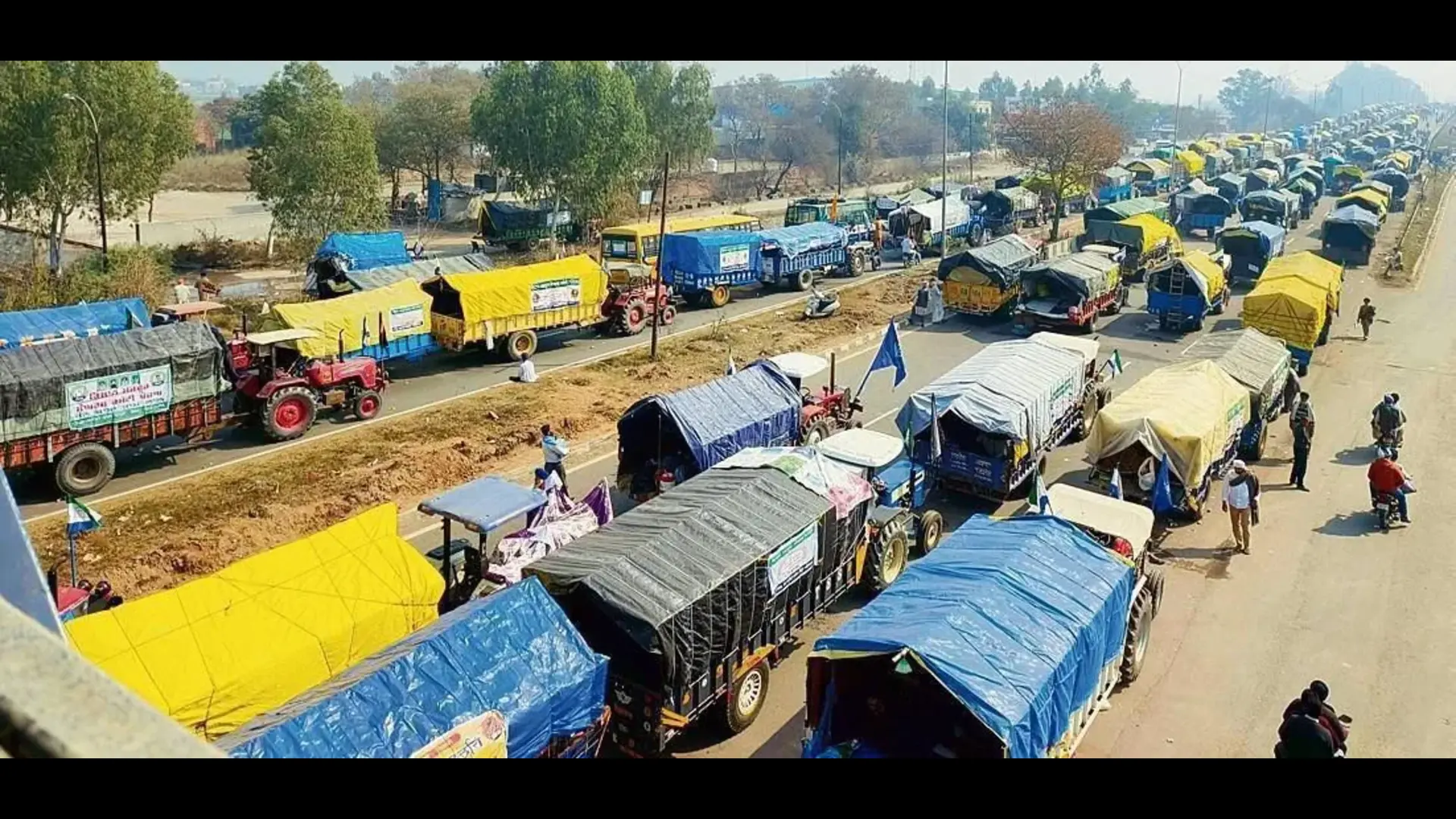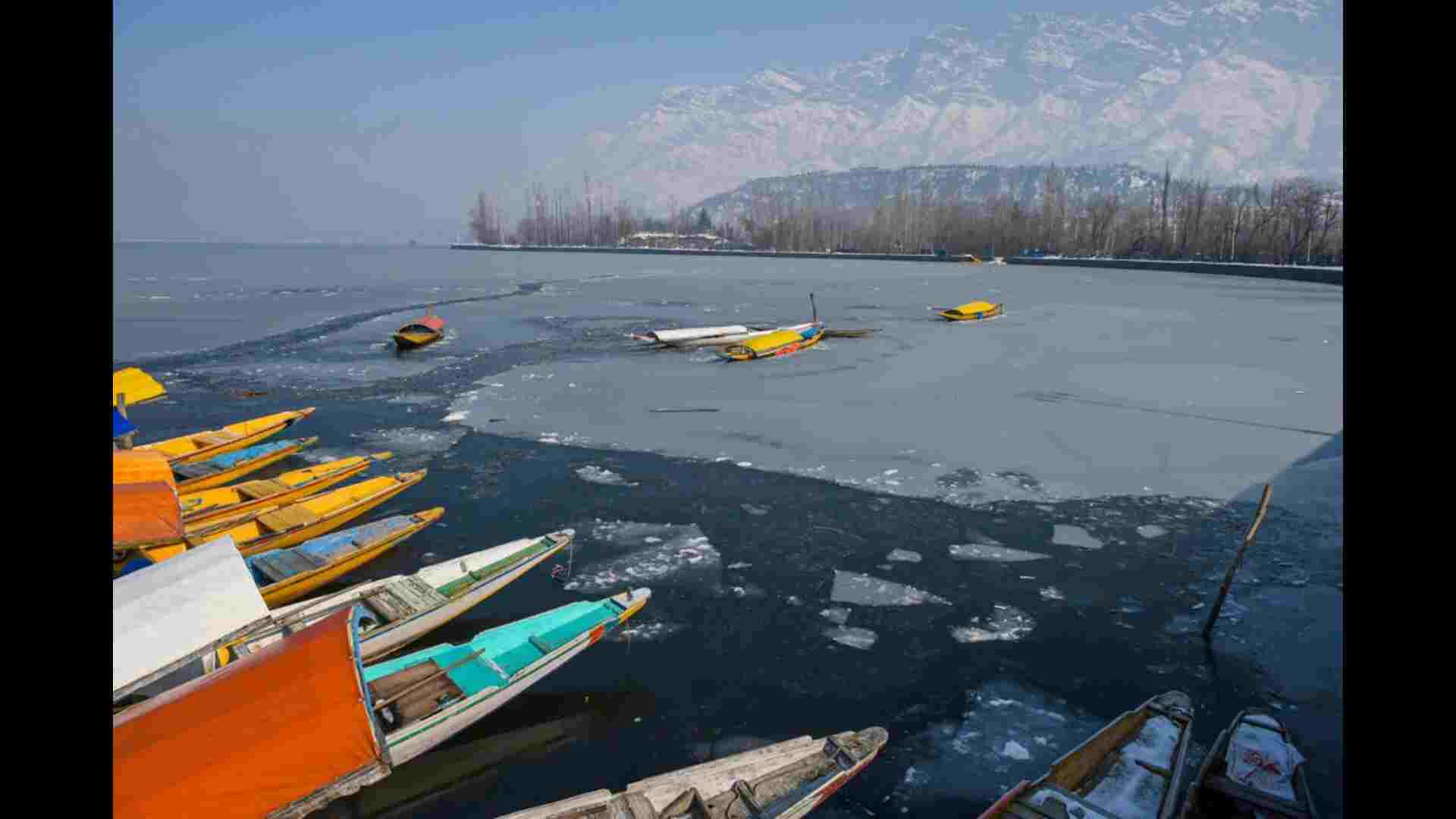The latest news from Bangladesh is that the interim government led by Muhammad Yunus will review the MoUs Sheikh Hasina signed as Prime Minister with India, and will cancel the ones that it feels are not in Bangladesh’s interest. While this is a move to pander to the anti-India jihadis that are now running amok in Bangladesh, let us examine what exactly Yunus and Co are planning to review. Among the latest MoUs are the 10 that Sheikh Hasina signed during her visit to New Delhi in June 2024. These are on digital partnership, green partnership, maritime cooperation and blue economy, joint small satellite project, cooperation in oceanography, cooperation concerning military education, cooperation in health and medicine, cooperation in the field of disaster management, and cooperation in fisheries. There was also some understanding about giving Bangladeshi goods access to markets in Nepal and Bhutan by using Indian roads and railways. Which among these MoUs does the interim government plan to cancel? Or which decision that was announced in June 2024 that it would renege on—e-visa for medical patients from Bangladesh; export of 40 MW of power from Nepal to Bangladesh using the Indian grid; or discussions to renew the Ganga Water Treaty? All these are of benefit to Bangladesh and will hurt that country the most if scrapped. Take the textile sector for example—the industry that has helped Bangladesh drag millions of people out of debilitating poverty. But for major exports of fabric and uninterrupted power from India, Bangladesh would not have become the economic success story that it has become in India’s neighbourhood.
Even though the list given here is anything but exhaustive, it should serve as a reality check for Bangladeshis on India’s centrality to the region. New Delhi has an interest in having a stable and prosperous neighbourhood, the reason why it has been doing a lot of heavy lifting for countries like Bangladesh, under the “Neighbourhood First” policy.
However, in spite of its economic success, in recent years Bangladesh has been facing economic downturn, unable to withstand the twin blows of Covid and the Ukraine-Russia war, and has been seeking IMF bailouts. In 2024, Bangladesh’s nominal GDP is around US$455 billion, a little more than Maharashtra’s US$435 billion in 2022-2023. The road ahead is perilous for Bangladesh. Essentially, Bangladesh is puny, but at least a section of its population including policymakers seems to be delusional enough to believe that they can take on India. What else explains Dhaka trying to boost its war fighting capabilities by striking a defence deal with Pakistan, by which it will get substantial supplies of artillery and tank ammunition and RDX explosives for its defence forces? Apart from giving itself an ego massage, who does Bangladesh expect to use all this against, given it’s surrounded on three sides by India and shares only a sliver of land border with Myanmar? It was thought that all the troll talk on social media platforms that now that Bangladeshi students have removed Hasina, next they would dismember India by taking away the whole of Northeast, was just that—mindless bravado by trolls. Instead it looks like the Bangladesh government is actively fuelling such delusional thoughts at least among a section of its population. It’s this section that is going around asking for a boycott of Indian goods and spreading hatred towards India by attributing even natural disasters to a conspiracy by “RAW”—the recent flooding of Bangladesh’s eastern border areas being a case in point. The problem is that this so-called students’ revolution has taken the shape of mob rule, where secular journalists are being murdered; minority officials and teachers are being forced to resign; doctors are being assaulted; music concerts are being attacked; rampant looting and arson is becoming the order of the day; flood relief material is either not being distributed among the minorities, or being distributed only if the minorities are willing to give up their religious symbols; T-shirts are being sold with the words “teach your children to hate India”. It’s an endless list and proves the extent of radicalization that has seeped into Bangladeshi society as a whole. It was last week that a tyre factory belonging to an Awami League leader was burnt to the ground, along with at least 170 people, who were either there working or were participating in the looting—170 people who just disappeared from the face of the earth in the most gruesome manner. What makes Bangladesh’s policymakers think that international businesses are so enamoured of the students’ revolution that they would ignore such violence in a country whose economy is already on a downward spiral?
Meanwhile, amid all the hatred for India, something interesting took place last week, when thousands of Bangladeshis queued up in front of India’s visa office in Dhaka, desperate for a visa to India. It was just that India had shut down most of its consular services in Bangladesh because of the threat its embassy staff faced from the mob. It was after much pleading that India relented a bit and is now offering a few medical and student visas from this week. Talk about learning to appreciate India the hard way.
The bottom line is, unless and until Dhaka is able to control the demon within, unless and until it stops the mob from influencing policy, Bangladesh is bound to see a third revolution. Only, this time the street unrest will be led by the unfed masses against the mobs of jihadis who have pushed their country to the brink.






